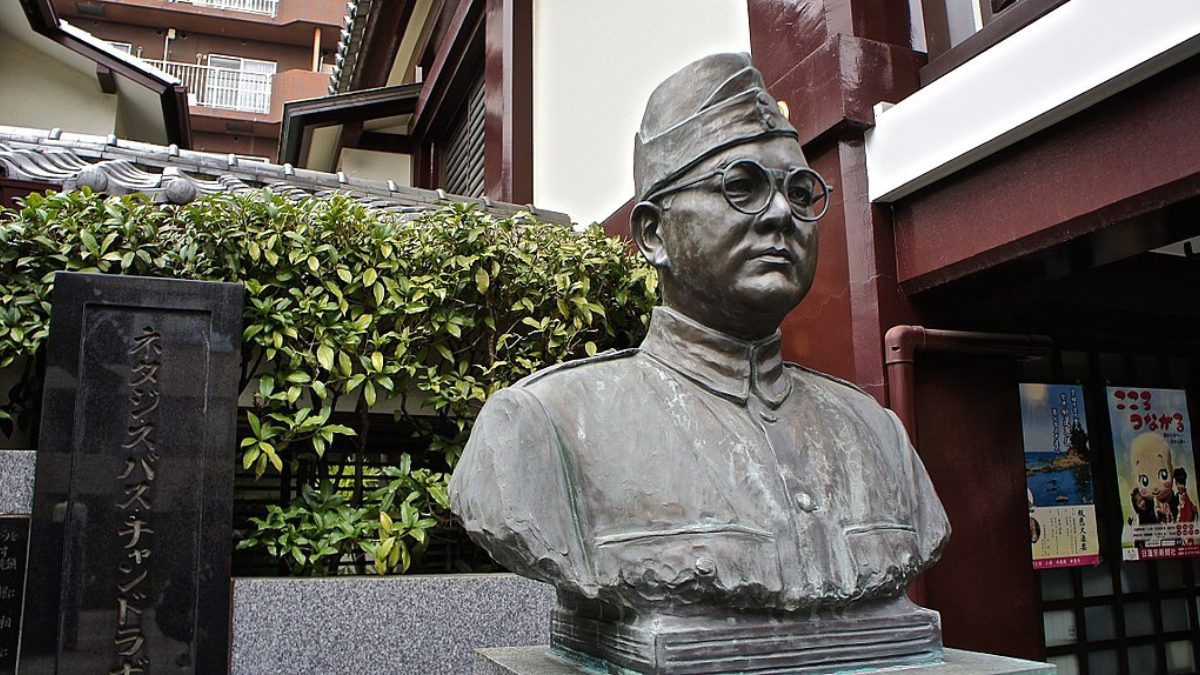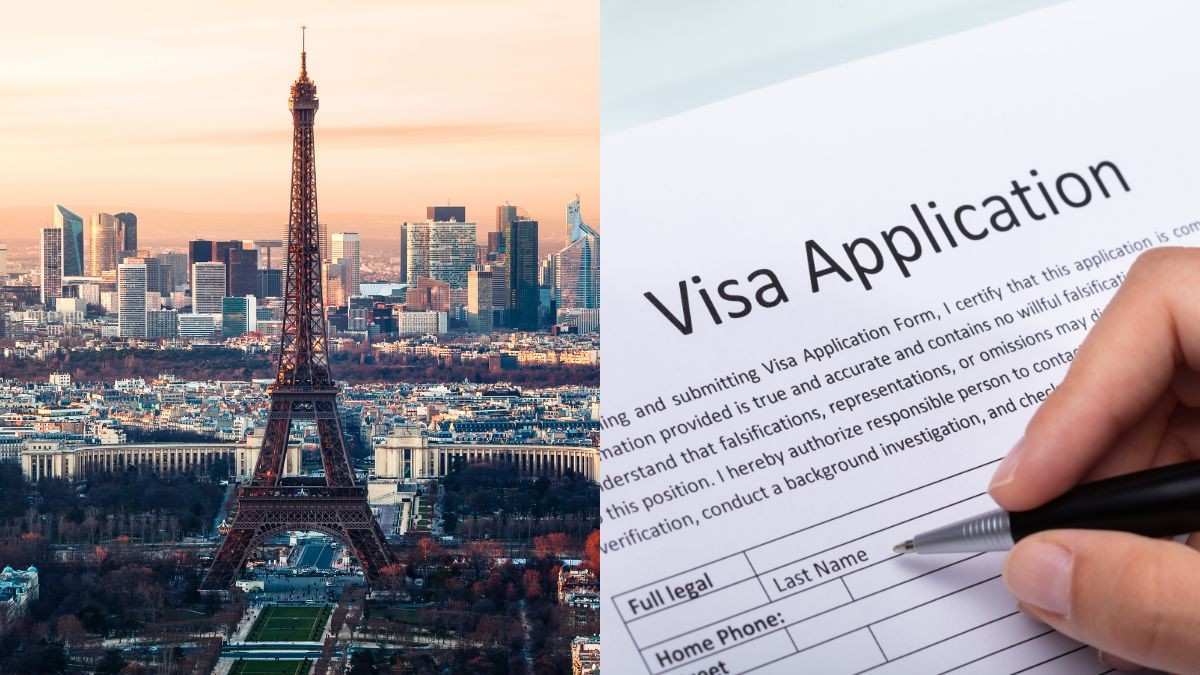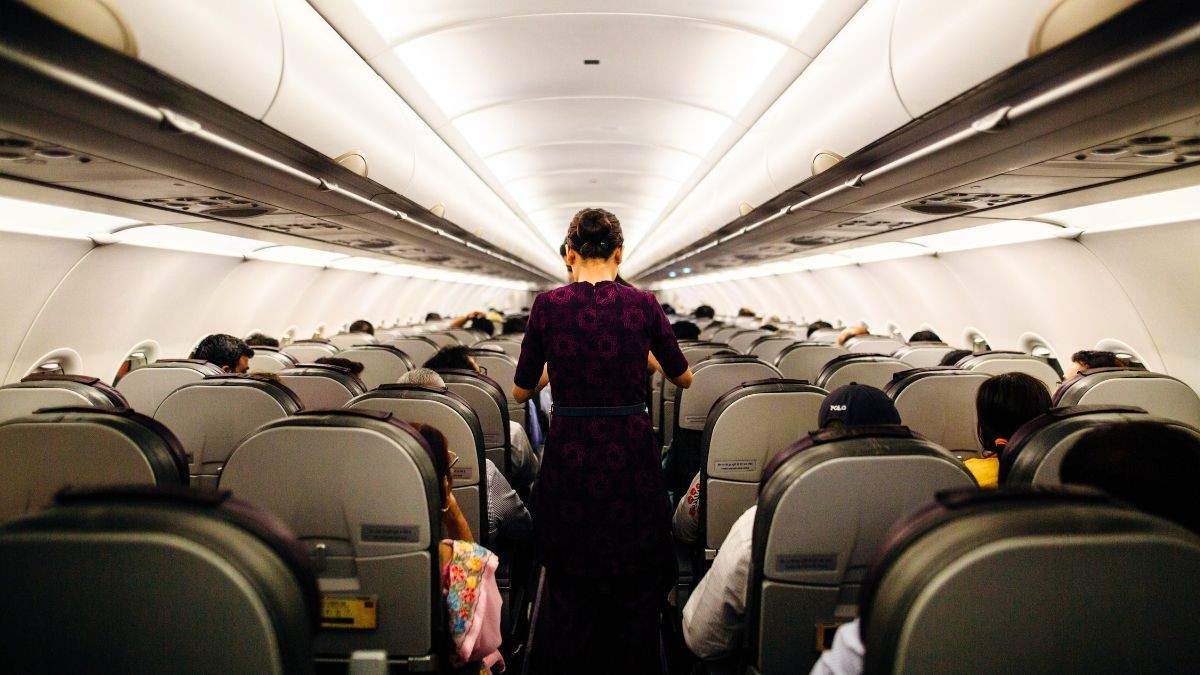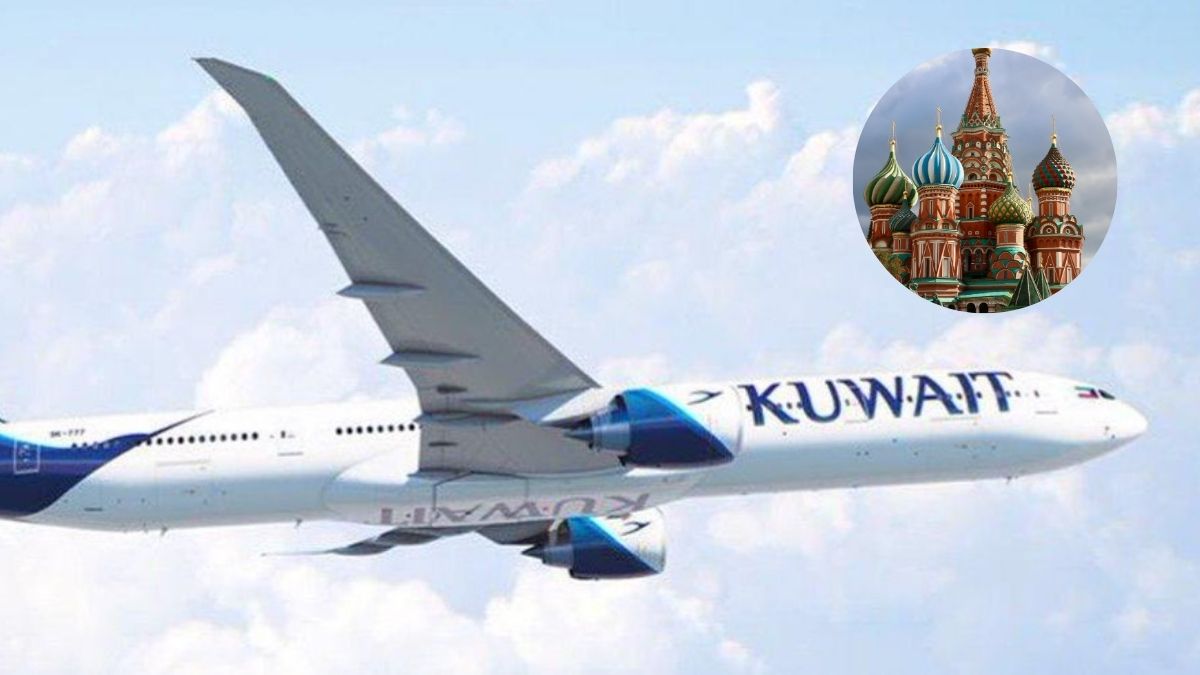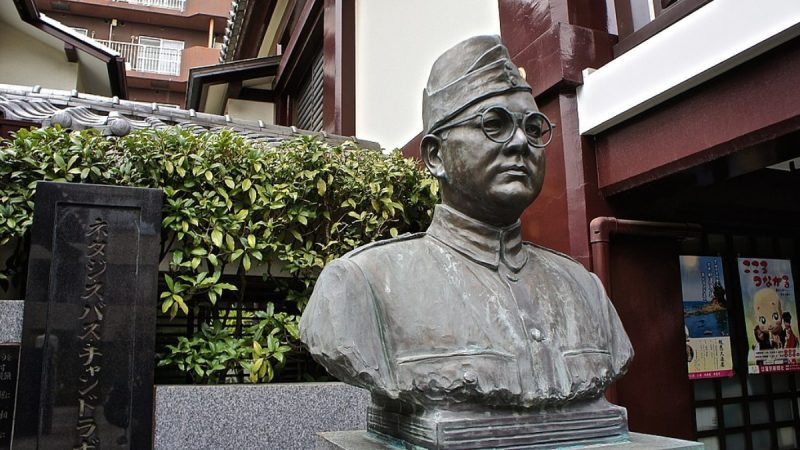In the heart of Tokyo lies a temple that holds not just religious significance but is enshrouded in the mystery of one of India’s most iconic freedom fighters, Subhas Chandra Bose. Renkoji, a small Buddhist shrine of the Nichiren sect, is the alleged location of the ashes of Netaji Subhas Chandra Bose, who played a pivotal role in India’s fight for independence against British rule.
The Intriguing Tale Of Netaji’s Ashes In Japan’s Renkoji Temple
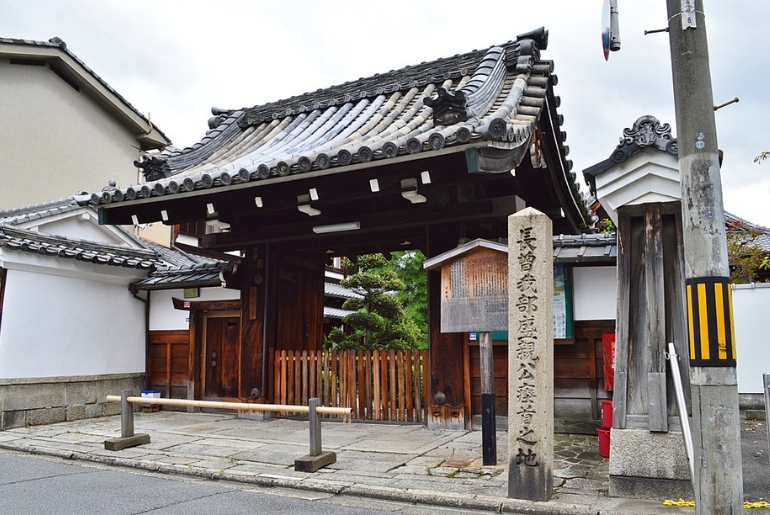
Subhas Chandra Bose’s connection with Japan runs deep. He not only negotiated with the Japanese government during World War II but also attempted to march into India with the Japanese army. However, his sudden and mysterious disappearance in August 1945, at the age of 48, continues to be a source of intrigue and speculation.
Renkoji, established in 1594 and inspired by the God of Wealth and Happiness, holds the ashes of Bose, preserved since September 18, 1945. According to the findings of the G.D. Khosla Commission, appointed by the Indian government in 1970, Bose’s ashes were placed in a box in Taipei following his cremation. The ashes were later brought to Renkoji for a funeral ceremony and Rev. Mochizuki agreed to keep them in safe custody.
In fact, every year on August 18, Netaji’s associates observe his death anniversary at Renkoji. Even today, the temple is a pilgrimage site for Indian officials visiting Japan. Dignitaries like Jawaharlal Nehru, Dr. Rajendra Prasad, Indira Gandhi, Atal Bihari Vajpayee, and Jaswant Singh have also paid their respects over the years.
Also Read: Visit This Telebhaja Restaurant In North Kolkata That Was Once Netaji’s Favourite Spot
The Controversy Behind The Unsolved Mystery Remains
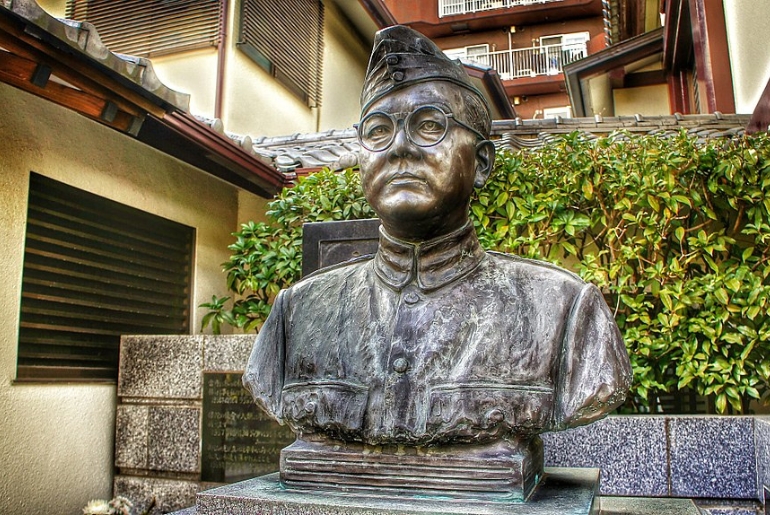
Controversy, however, looms over the ashes. The Justice Mukherjee Commission of Inquiry submitted a report in 2005 stating that Bose did not die in the plane crash. It certainly casts doubt on the authenticity of the ashes at Renkoji. The Indian government, despite the findings, rejected the commission’s conclusions, leaving the mystery unresolved.
The controversy deepened when Prime Minister Narendra Modi chose not to visit Renkoji during his official visit to Japan, despite a request from the Indian High Commission. This decision added another layer of intrigue to the story of Netaji’s ashes, leaving the question of their authenticity hanging in the air.
Ashes or not, Renkoji, with its small golden pagoda, stands as a testament to a man who dedicated his life to India’s freedom.
Cover Image Courtesy: Wikimedia Commons
For more such snackable content, interesting discoveries and the latest updates on food, travel and experiences in your city, download the Curly Tales App. Download HERE.

